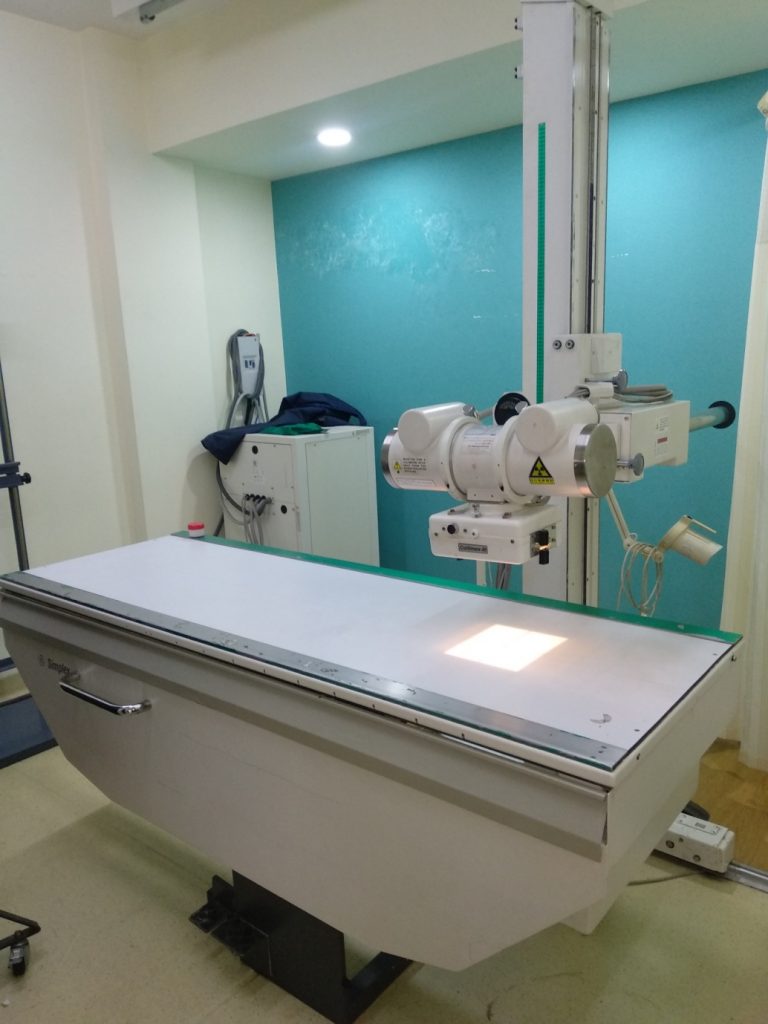Table of Content
Payment will be approved for the following services to members eligible for the HCBS elderly waiver services as established in 441-Chapter 83 and as identified in the member’s service plan. Despite many states providing Medicaid benefits for assisted living across the country, these benefits and the eligibility requirements for them vary greatly from state to state. Some states have strict regulation on the size of the assisted living community while others will only cover personal care. To learn more about what programs are available in your state and how to apply, contact your state’s Medicaid office. There are several different Medicaid programs that provide financial assistance for assisted living.

Assisted living facilities suit seniors who require medical services , round-the-clock care, or long term care that their loved ones can’t provide. For example, if the assisted living costs are lower than the costs of a home renovation, it may be a more affordable, appealing option. Can using home care technology help your family save money caring for an aging loved one? Our goal is not to provide a comprehensive list, but rather to make sense of those that are available on the market today and can reduce the care hours required by elderly persons.
Tax, payroll, compliance and HR-related support service
The more hours of home care a senior needs each week, the higher the cost. During the process of determining financial eligibility, its important to start gathering documentation that clearly details the financial situation for the Iowa Medicaid applicant. These documents will be needed for the official Medicaid application. This tool was created to provide an easy to follow guide to HCBS-funded employment services and supports.
In 2020, the median cost of in-home care services was about $24 per hour. Monthly, estimating about 44 hours of care per week per senior, people spent about $4,500 on in-home care, according to the Genworth Cost of Care Survey. Medicare does not cover any type of non-medical care that is not ordered by a physician or care practitioner. This means that there is no Medicare coverage for those receiving care for ADL’s, but any care related to medical needs are covered. Home health aides, CNA’s, nurses and therapists are covered under Medicare. However, recipients must be declared homebound and have a doctor prescribe this type of care, which is typically limited compared to time spent by a home care aide.
Frankfurt Cost of Living comparison
Companion care services are also a good option for those in the early stages of memory impairment who do not yet need much assistance, but who may not be able to be left alone. These clients may live with family members who cannot be with their loved one full-time due to work or other obligations. Taking on a personal care role for elderly family members or loved ones is an enormous act of generosity and love.
In these situations, it may be necessary to seek out alternative options. In all cases, it’s critical to consider the level of care needed and find a solution that fits your budget. Most often, Medicare and Medicaid programs don’t cover the cost of in-home care.
Lifestyle Flexibility
States administer their own Medicaid programs, so eligibility requirements and the scope of services covered can vary from state to state. Adults age 62 and older have the option of taking out a reverse mortgage to help finance long-term care, or any other expenses. These loans convert part of the value of one’s home to cash, so they are essentially a cash advance on the home’s equity. Oftentimes, the money received from a reverse mortgage loan is not taxed.
This rate is even higher since multiple caregivers must work in shifts to provide continuous care and supervision. For seniors who live alone and are still relatively independent, companion care can help reduce feelings of isolation or loneliness. A hired caregiver can visit a couple of times a week for an engaging conversation or to play a game of cards. They can also help with organization, light housework, and meal preparation. While companion caregivers don’t provide hands-on care, they can offer supervision and verbal reminders for seniors living with dementia who have a tendency to wander. Medicaid will pay for in-home health care for those who qualify for the program.
What Does Medicaid Cover
Assisted living includes maintenance-free living, with costs of housing, utilities, repairs, and housekeeping included. While home care includes household tasks and chores, homeowners still may have a mortgage or rent. If they do have a mortgage, they must also cover taxes and maintenance costs.

But personal care assistance is only covered when services are received in tandem with home health care. Many families providing caregiving services for a loved one seek personal care assistance to perform the tasks that they are unable to safely or comfortably perform for their loved ones. For example, a wife who cannot safely support the weight of her husband who needs help getting out of chairs and their bed may hire a home care aide to help with her husband’s transfer.
By clicking on submit, you approve that the information you entered will be transmitted via email, and understand that information provided should not be considered medical advice or treatment. Answer a quick questionnaire to see if in-home care is the right choice for you or for your loved one. At home, your loved ones can follow the schedule of their choice whether they may prefer to sleep in, follow a strict chore regime, or visit with certain friends on specific days. Cover in-home care expenses from your income, savings, or other sources.

As with other programs, the specific benefits and eligibility guidelines can be vastly different from state to state, so it’s a good idea to get in touch with your local Social Security office. Some people pay for in-home care privately, using a combination of income, savings, and family contributions. Many seek other forms of financial assistance to help lessen the financial burden of in-home care. Unfortunately, financial assistance for in-home care is somewhat limited, especially for non-medical home care and around-the-clock care. It’s imperative to be aware that even when home care services are covered by insurance or another program, it typically excludes 24-hour care. We understand that there’s much that goes into one’s senior care decisions, and money is not the only factor.
Long-term care, including home care, is typically not covered by standard health insurance. Regardless of whether you choose to work with a home care agency or an independent provider, doing some research and taking the time to evaluate different options can save you frustration down the line. Just as you would with a residential care community, do your research and look into several different providers, if possible, before deciding on a caregiver for your loved one.

Many care recipients are fairly independent and can carry out most daily tasks, only requiring a bit of extra assistance with personal care and everyday life. The Private carer can adapt to the unique requirements of the care recipient, so the precise job description and expectations will vary greatly. Unlike in-home care, nursing homes offer round-the-clock care provided by licensed medical professionals. This high level of care is often necessary for seniors who have chronic medical conditions or need lots of assistance while recovering from an injury or illness. Location plays a role in how much a senior will pay for home care. For example, in cities with a higher cost of living, they can expect to pay more for care.

No comments:
Post a Comment